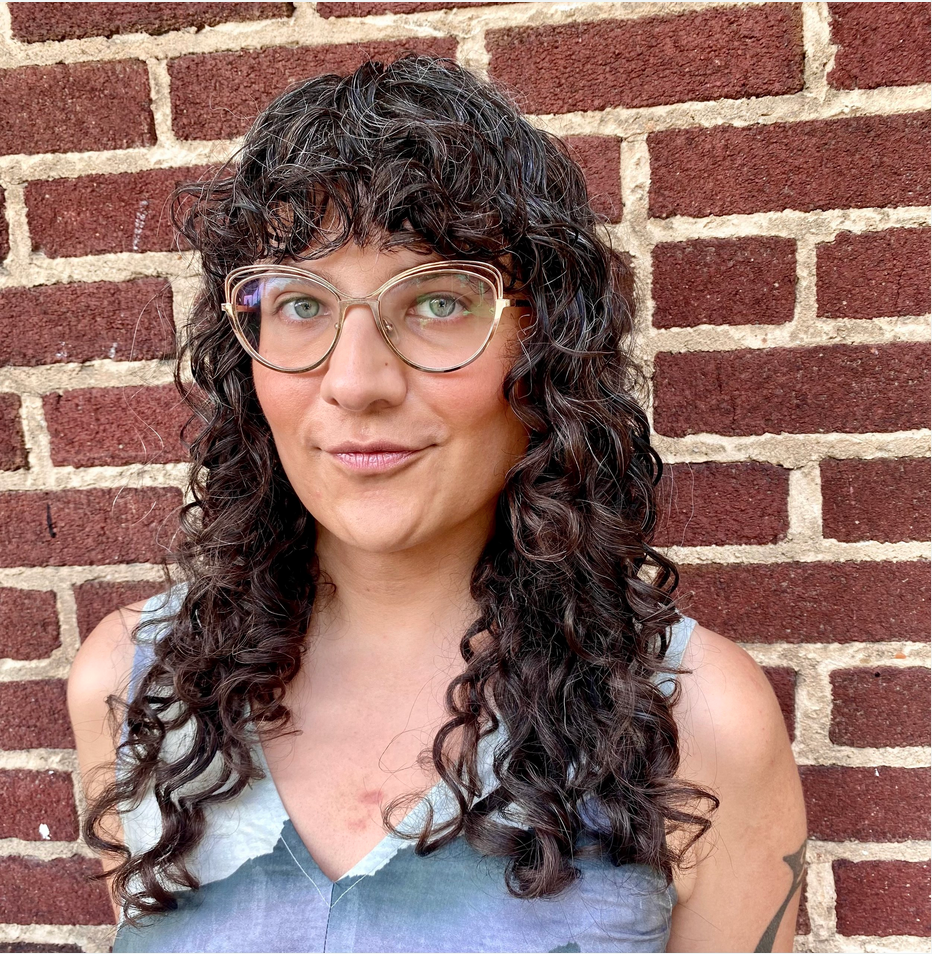"The Problem of the Group and the Dream of a Trans-Run Clinic"
This talk considers the self-organized efforts of trans people to found community therapy groups and surgery clinics in the 1970s. Beleaguered by the cruelty and conservatism of the prevailing gender clinic model, this generation was confronted by a profound problem of queer method. Was a do-it-yourself approach inherently superior because trans people were in charge, or were they fated by form to repeat the very impasses they sought to remedy?
Jules Gill-Peterson is an associate professor of History at Johns Hopkins University and a 2023-2024 fellow at the Radcliffe Institute at Harvard University. She is the author of Histories of the Transgender Child (2018) and A Short History of Trans Misogyny (2024).
Series Description
Cultural Studies has often been framed as a method of approach, a way of understanding and interpreting the relationship between cultural narratives and social and political institutions with particular attention to questions of power and resistance. The past few decades have seen several challenges to this method, from the new materialist critique of the linguistic turn to post-critical and auto-theoretical emphases on aesthetics, affect, and memoir. These movements have been especially central to work in queer studies and queer of color critique, most centrally expressed in Eve Kosofsky Sedgwick’s complaint about the stultifying sameness of approach in queer theoretical writing and its mistaken fidelity to exposure and persuasion as activist modes. These challenges have broadened the scope of humanities research, taking in archives formerly left to the sciences and modes of thought once considered too creative to count as academic arguments. The resulting profusion of subjects and styles reflects the robustness of our field in a way often overlooked by the so-called method wars.
This year, Culture Nights seeks to celebrate and enrich our work on how we write and what we write about with a series of meetings that push us beyond the form of scholarly writing. How can we understand these forms as producing criticism, and what sort of criticism do they produce? Our series invites scholars whose works have taken the form of films, pamphlets, and how-to books, archival and visual curation, plastic and fabric art practices, and event-creation, to discuss how (and whether!) they see their work as forms of criticism. As a way of putting our interests into practice, we will encourage presentations that experiment with form and media, including film screenings, interviews, readings, and collaborative workshops.


